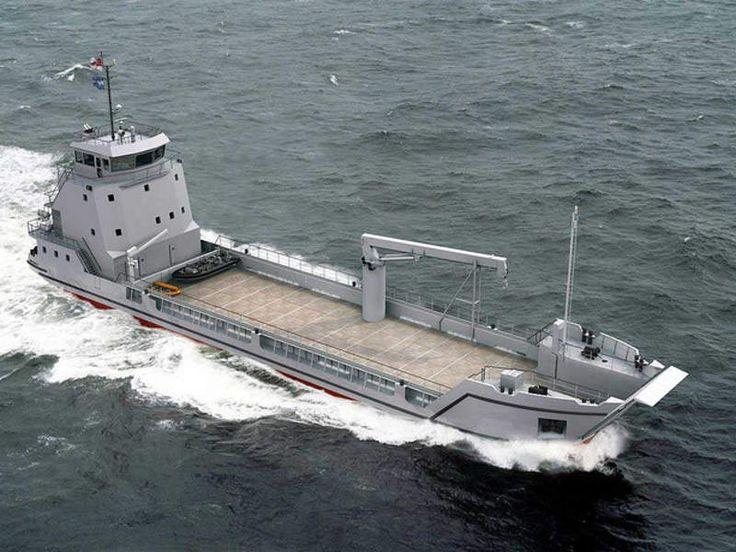In today’s fast-paced and demand-driven business landscape, operational efficiency is not just a competitive edge—it’s a necessity. Whether you’re managing a delivery service, construction operation, or nationwide transport fleet, fleet logistics support plays a crucial role in ensuring your operations run smoothly, cost-effectively, and on time.
But what exactly does fleet logistics support entail, and how can it improve your business operations? Let’s break down the benefits, best practices, and future trends that make it a vital part of any fleet-dependent enterprise.
What is Fleet Logistics Support?
Fleet logistics support refers to the systems, services, and technologies used to manage the movement, maintenance, and overall coordination of fleet vehicles. This can include scheduling, route optimization, fuel management, vehicle tracking, maintenance planning, and compliance monitoring.
In essence, it's the command center of your fleet—ensuring everything from deliveries to repairs happens without disruption.
Key Ways Fleet Logistics Support Enhances Operations
1. Improved Route Optimization and Fuel Efficiency
With real-time GPS tracking and advanced mapping technologies, fleet logistics support helps determine the most efficient routes based on traffic, weather, road conditions, and delivery schedules. This not only saves time but significantly reduces fuel consumption.
2. Minimized Downtime with Predictive Maintenance
Through automated diagnostics and maintenance scheduling, logistics support systems can anticipate potential vehicle issues before they become major problems. This predictive approach ensures that vehicles spend more time on the road and less in the shop.
3. Enhanced Driver Performance and Safety
Telematics systems and driver behavior analytics allow managers to monitor speeding, harsh braking, idling, and other risky behaviors. Training and incentives can then be tailored to improve performance and safety.
4. Real-Time Communication and Visibility
Modern fleet logistics platforms offer seamless communication between drivers, dispatchers, and management. Everyone stays informed with live updates on job progress, delays, and reroutes.
5. Data-Driven Decision Making
Fleet logistics support generates a wealth of data. From delivery times and maintenance logs to fuel usage and compliance reports, this data can be analyzed to uncover inefficiencies and identify opportunities for improvement.
Industries That Rely on Fleet Logistics Support
While logistics support is essential for the transportation industry, it's also critical in:
-
Construction and heavy equipment: Managing the movement and maintenance of specialized vehicles.
-
Field services: Ensuring technicians arrive on time with the right tools.
-
Retail and e-commerce: Meeting tight delivery windows and consumer expectations.
-
Public transportation: Keeping transit systems running safely and efficiently.
In all these sectors, better fleet logistics means better service delivery and customer satisfaction.
Embracing Digital Transformation in Fleet Logistics
The rise of AI, IoT, and cloud-based platforms is revolutionizing fleet logistics support. Companies can now automate manual tasks, predict maintenance needs, and receive instant performance insights.
For example, AI algorithms can forecast delivery times based on traffic data, while IoT sensors monitor tire pressure or engine health. Cloud platforms enable access to fleet data from anywhere, giving managers full control and visibility in real-time.
Tip: Investing in digital fleet management tools pays off through enhanced efficiency, scalability, and compliance.
Challenges to Consider
While the benefits are immense, fleet logistics support also presents challenges such as:
-
Initial technology adoption costs
-
Integration with legacy systems
-
Data security and privacy concerns
-
Training and change management for staff
However, these hurdles are minor compared to the long-term value gained through better logistics support. Partnering with a reliable fleet management service can ease the transition and maximize ROI.
Final Thoughts
So, how can fleet logistics support improve operations? The answer is clear: by optimizing routes, reducing fuel usage, enhancing safety, preventing downtime, and enabling data-driven decisions. As competition grows and customer expectations rise, businesses that invest in fleet logistics support will not only survive—they’ll thrive.
Whether you're running a fleet of five or five hundred, modern fleet logistics support is your key to operational excellence.

